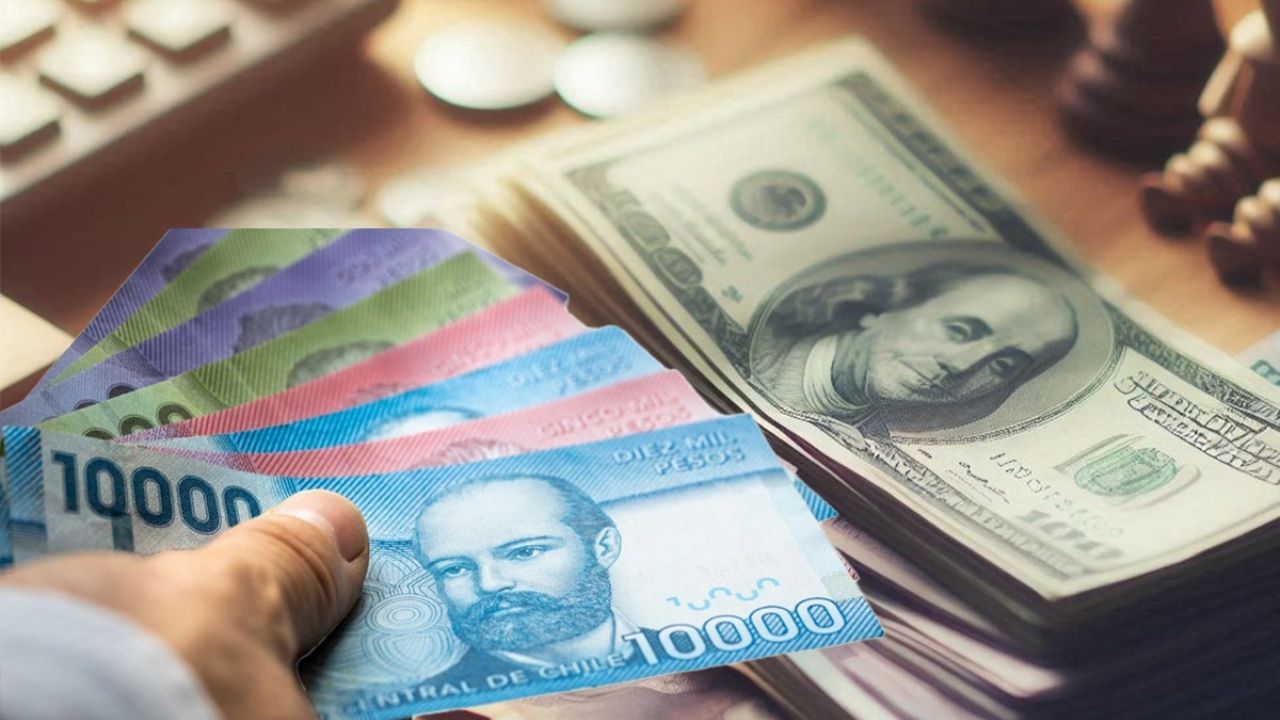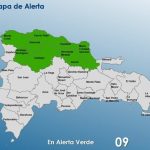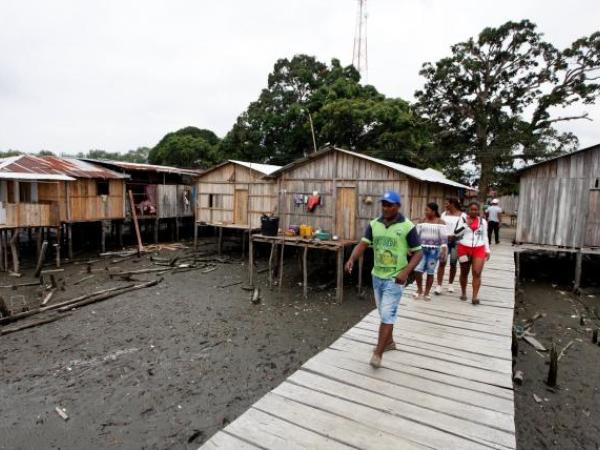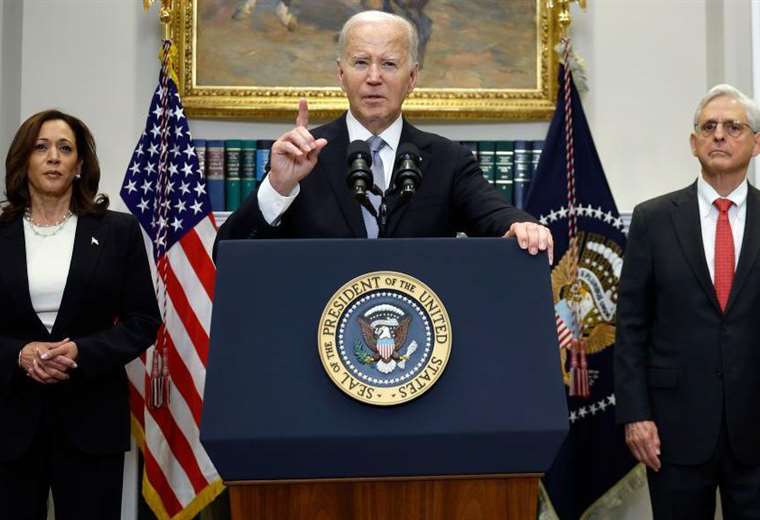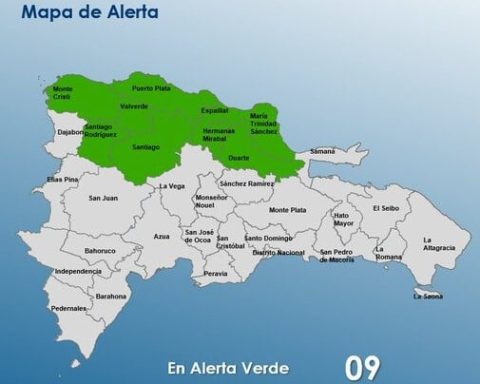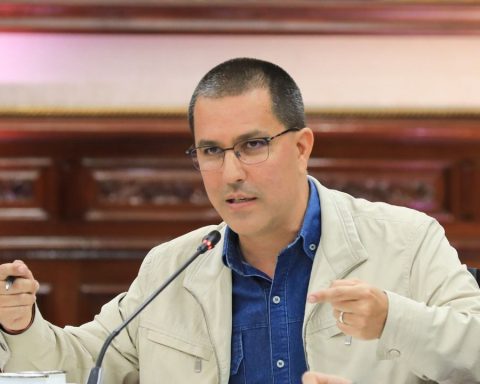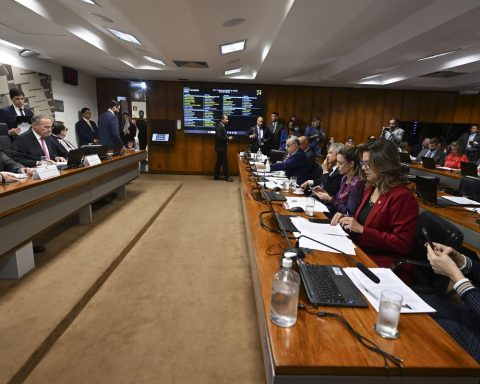The countdown to the Fiestas Patrias in Chile has already begun. The celebration of independence is one of the most anticipated dates for Chileans, and this year it will be even more special due to the various holidays that are coming up. However, September 18 is not only about parties and traditions, but also about an economic benefit whose amount thousands of people are eagerly awaiting.
He National Holidays Bonus It is a monetary support that does not require an application or any additional process. According to Law 21,647, this benefit is specifically intended for pensioners and public sector workers who meet certain requirements. Beneficiaries include pensioners from the Social Security Institute (IPS), beneficiaries of the Universal Guaranteed Pension (PGU) or the Basic Solidarity Disability Pension (PBSI), and pensioners from the Labor Security Institute, as well as those from the Pension Funds and Employers’ Mutual Funds of Law No. 16,744.
The bonus is paid only once a year, together with the pension corresponding to the month of September. For this 2024, the amount The Fiestas Patrias Bonus has been adjusted by law. Pensioners will receive $24,261, an amount that increases by $12,446 for each dependent family member that the beneficiary has, always under certain modalities. This adjustment ensures that beneficiaries receive significant financial support to meet the additional expenses that this celebration entails.

As for public sector workers, the amount The amount of the Christmas bonus varies according to salary. Those with a net salary equal to or less than $984,282 will receive a Christmas bonus of $85,093. For those who earn more than this amount, the Christmas bonus will be $59,071. This difference in amounts seeks to balance the economic support, ensuring that those who earn lower incomes receive a greater benefit.
He bonus It is not a legal obligation for private employers. However, many companies decide to grant this benefit to their workers during September to help with the additional expenses involved in celebrating the Fiestas Patrias. This practice, although not mandatory, has become common in the private sector as a form of recognition and support for their employees.
